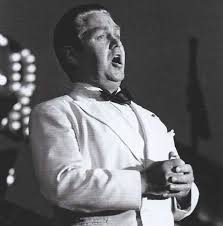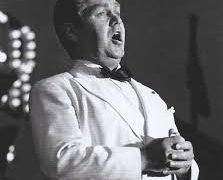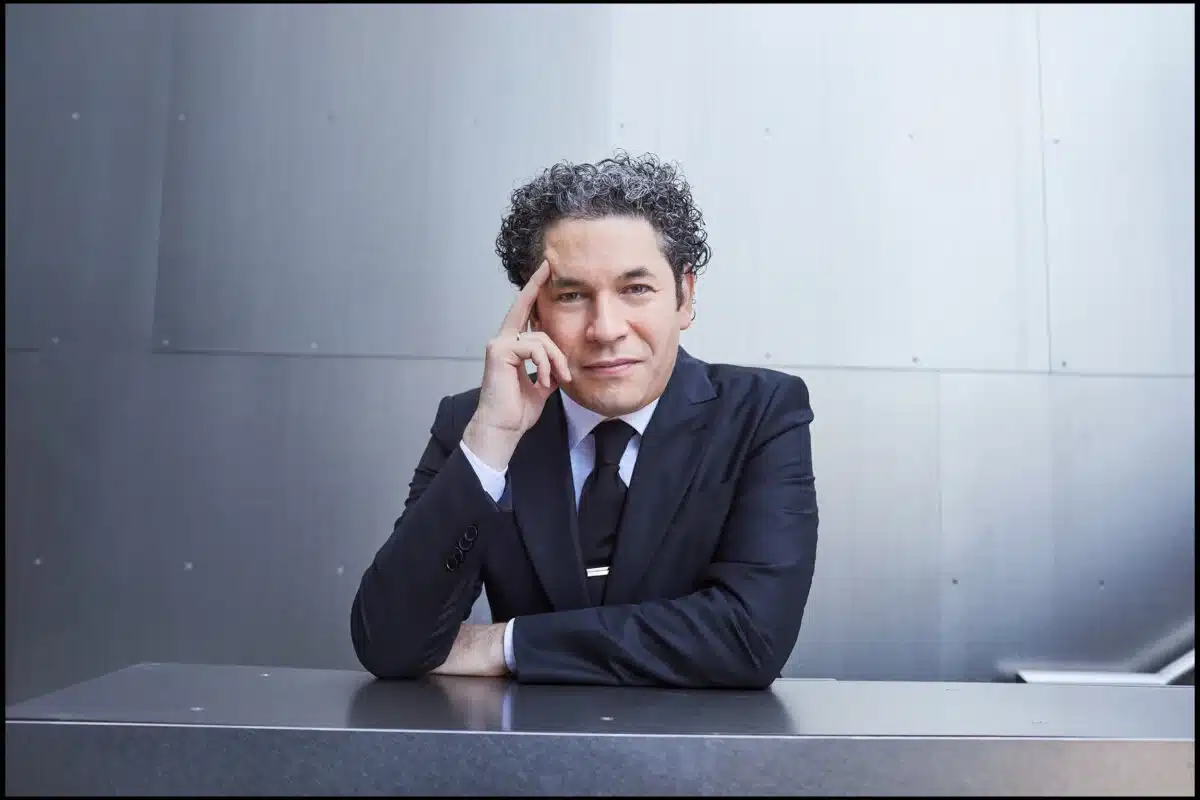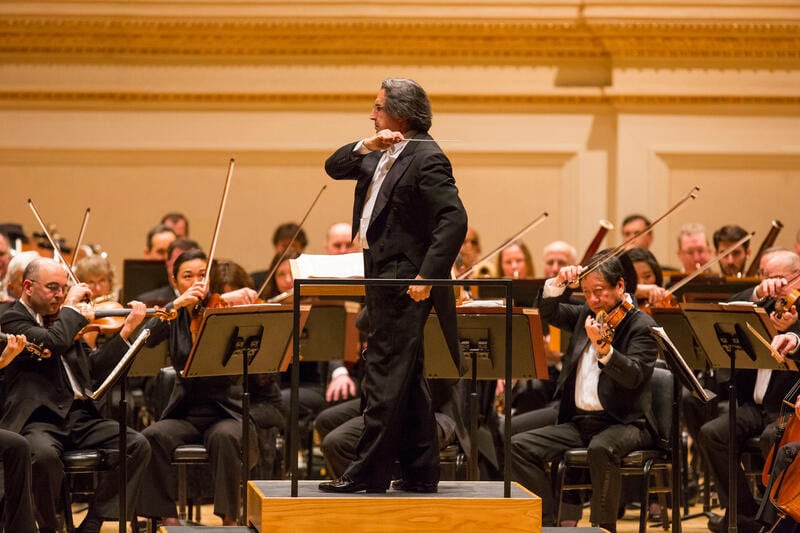The Slipped Disc daily comfort zone (168): Inimitable Jussi
mainThe one and only Björling sings Beethoven. Wait for the soft falsetto.


The one and only Björling sings Beethoven. Wait for the soft falsetto.

WIN: Matias Tarnopolsky played hardball in compensation negotiations…

Top-selling pianist Vikingur Ólafsson will premiere John Adams’s…

Message received: The Los Angeles Philharmonic Association announced…

The maestro has given the first of his…

Session expired
Please log in again. The login page will open in a new tab. After logging in you can close it and return to this page.
just terrible, no taste !
falsetto ? nonsens!
A great start to the week. My favourite among tenors. Thank you.
And mine!
Ps It is not actually a falsetto. It is a supported mixed head voice and magical too. Very glad you posted this recording.
A classic, brilliant opera singer but I think Fritz Wunderlich is far superior here and in much other lieder.
Thanks NL! There is so much to choose from but this “O Holy Night” claims 1st-equal spot for me every time! Elegance, beauty, pin-point accuracy, passion, naturalness…… – of course, I am a fan!
https://youtu.be/4NyIAct8w7k
My first 2 times at the Met in Nov. 1959 had Bjoerling as Turiddu and a few days later, in a Sat. matinee, as Cavaradossi. As you say Norman, “the one and only”. Fabulous tenors have come and gone since Jussi but that beautiful penetrating timbre remains unique.
He also had taste and intelligence!
“In de los Ángeles’ biography by Peter Roberts, de los Ángeles noted that “in despite of technical developments, none of the Jussi Björling recordings give you the true sound of his voice. It was a far, far more beautiful voice than you can hear on the recordings he left”.”
https://en.wikipedia.org/wiki/Victoria_de_los_Ángeles
He could sing anything! Had he not died at 49, I most likely would have had a chance to hear him live.
I think few people know that – before his opera career took off – he sang Swedish dance hall music under the name of Erik Odde in his early 20s and recorded enough sides to fill up a CD. Here’s an example (be patient: he doesn’t enter till 01:05):
https://www.youtube.com/watch?v=vOHC1PN6Oi4
Such a unique voice and 27 people are voting “ terrible “
I don’t understand why and very curious to find out the criteria for the terrible verdict.
Look again, Elvira. I think rather it was 27 (up to 29 as I write this) that voted “thumbs down” to stella’s verdict of “terrible.” 3 (so far) agreed with stella.
He was not by nature perhaps a lieder singer but I have always liked this recording; you can sense him trying to throttle down that huge voice to make it suitable for the subtleties of the song itself. Which by the way, and oddly enough, also exists in a transcription for viola and piano!
I think you misinterpret the vote, Donna Elvira: 29 pave down-thumbed the post calling it terrible. It is quite otherwise. How good to hear his glorious voice again!. Other choices are “Di quella pira” or “Nessun dorma” with Nils Grevillius,, or “O xoave fanciulla” with Hjoerdis Schymberg. A measure of Bjoerling’s excellence is the time it took Wunderlich to catch up.
“Adelaide” in’t easy to sing: try “Auf jeder purpur Blaettchen” that many times running.
I resisted him at first, not used to so much metal in a tenor not Melchior, and thinking, no, Gigli. But I soon came around.
Hi Edgar,
There is no question that Bjoerling had one of the most beautiful natural tenor voices in history, but I was hardly ever impressed by his interpretations.
One exception is the Manon Lescaut with Albanese (I have the Naxos reissue) – there JB uses that gorgeous voice with real dramatic intent.
As to that series of records he made with Grevillius in the 1940s, John Steane describes them as being “solidly (almost deafeningly) resonant, and stolidly uninteresting”. I agree with him; I also agree with him when he writes “but one goes to Bjoerling for his singing, not his characterisations”.
BTW, the “Di quella pira” recording that you mention appears in a number of Verdi aria compilations I possess, but Caruso’s is a magnitude of order more cleanly sung, and with dramatic fire to boot. And the Caruso voice is even more beautiful than Bjoerling’s. Compare them side-by-side; you’ll see what I mean.
All that having been said, I do love Bjoerling’s voice. It’s a miracle that his severe alcoholism had hardly any impact on his voice, even on his final recordings.
A comparison with Gigli’s voice is apt, but I do not think Bjoerling’s voice can really be compared to Melchior’s or Wunderlich’s; the latter come from different singing traditions and for the most part sang different repertoire. Can you imagine Bjoerling singing the 3rd act of Tristan, or Das Lied von der Erde?
Cheers, and happy listening, Greg
Who am I to disagee with John Steane, one of the best writers on voice and opera,and one of the few to admire Elisabeth Schwarzkopf unaplogetically? I still miss him in “Gramophone” and bet they do too. I wasn’t comparing voices, but the metal in them,– I don’t know what else to call it, but I hear it in Bjoerling, giving him the unique timbre Walter Legge said [s nessary for a great career. Of course they sing very different things. My reference to Wunderlich was only for “Adelaidde”, but he made ideal records of “Dies Bildnis ist bezaubern schoen” and “Un aura amorosa” more lyrical than others. And “Das Lied von der Erde” finaly surpassing Charles Kullman,who remains very good, much better than dry Patzak.
Maybe the metal it’s something in the Scandinavian languages that infors such voicew as Rosvvaenge, Aksel Shiotz, Bjoerling, and Melchior, as in his Siegmund with Walter.
I heard Bjoerling’s records with Gevillius as they came out. Caruso was dead 23 years, Gigli’s prime was cresting, there were few rivals. Tucker, Peerce, Tagliavini, DiStefano were on their way. and I heard them in time.
Hi Edgar,
First, a story:
I met Schwarzkopf at a San Francisco Opera Store book signing.
As you might imagine there was a long line of people to see her. Every one in front of me had lots of books, posters, records, etc. for her to autograph.
I had her book about Legge for her to sign. But I BROUGHT her something as well: two bottles of California wine – an exquisite Chateau St. Jean select late harvest Gewurtztraminer and an equally exquisite Raymond Estate Bottled Cabernet.
She was so surprised and delighted that someone would actually BRING her gifts instead of just asking her to autograph stuff that she came out from around her signing table to hug me! (She of course autographed my book as well.)
But back to the main subject at hand: Caruso will always be the greatest Italian tenor. In his younger recorded days he was the greatest lyric tenor, then he developed into the greatest lirico-spinto and dramatic tenor. He was and always will be the greatest Verdi tenor (at least on records).
Strictly in terms of sheerly gorgeous sounding Italian tenor voices, one starts with Caruso, then one would consider the greatness of Gigli, Tagliavini, DiStefano, Bergonzi, and Pavarotti.
Gigli and Bergonzi sounded beautiful almost throughout their entire careers. (One might legitimately criticize Gigli’s style of emoting and his interpretations, but that’s not what I’m talking about here). Tagliavini, DiStefano, and Pavarotti over time wrecked their voices (Tagliavini and DiStefano from recklessly taking on heavy parts not suited to them and Pavarotti from that PLUS laziness and sloth) and all three sounded pretty awful in their later careers.
In terms of “metal”, any number of tenors (and baritones) can be mentioned, but in terms of “beauty” AND “metal” perhaps only Corelli and Del Monaco (other than Caruso and perhaps Di Stefano) might make the grade.
But of ITALIAN tenors, only Caruso has the entire package.
I still resist comparing the “Scandinavian” school (as you obliquely reference it) with the traditional Italian school. No one loves Rosvaenge, Schiotz, Bjoerling, and Melchior more than I do, but it’s like comparing apples to oranges.
Are we still friends?
best regards, Greg
Back to Bjoerling and on topic, I may have said too much about “metal” in the voice already, but it’s what he had and Set Svanholm did not. I also hear it in Ernst Haefliger. I think Bjorling also sang Sibelius’s “Svarta Rose” —-
Black Roses” — as did Schwarzkopf and the wife of my friend Bruce Bradley in San Francisco.
I saw Tagliavini and Di Stefano in 1950 when the Met toured Dallas, in “L’Elisir da’more” with Bidu Sayao and Salvatore Bacaloni; and “Faust” with Nadine Conner and Jerome Hines.
The third opera was “Tosca” with Ljuba Welitsch, Tucker, and Alexander Sved. Dorati and the DSO gave Verdi’s Requiem with Frances Yeend, Claramae Turner, Tucker, and Oscar Natzka, the fine New Zealand bass who died young. I remember DiStefano’s high C in “Salut demeure” with hairpin crescendo-decrescendo. I loved Baccaloni’s “O rustici” as Dottore Dulcamara, and Hines-Mefisto jumping from the ireplace just as thunder struck outside.
All that you say of Caruso is giusto. Gigli’s Andre Chenier is a comoplement to Bjoerling’s Lescaut. I tried to avoid Martinelli, but he was inescapable, and Melchior already past his best.
Caruso’s “Recitar” and “M’appari”,once heard, never forgotten. ˆlove the ensembles , both his and Gigli’s.
Which brings us back to “Adelaide” with its fine :B: section. “Andenken”, “An die ferne Geliebte”, and “Herz, mein Herz”, a horseback song like Schuberts’, are other successful Beethoven Lieder that Gerhard Huesch helped make known. When Fischer-Dieskau arrived with his fricatives I thought, no, Huesch. It takes time to accept new deities.
One of the absolute greats, right up there with Caruso and vastly superior to Gigli and other overrated tenors of that era. Obviously no one even approaches this quality today, nor is it likely we shall see his like again.
Gorgeous!!!
Mille grazie for your reply, Greg, and the wonderful Schwarzkopf story. And what a characteristically generous and originalidea of yours to give her wine! Especially, Gewuerztraminer, which I know she loved. She used to visit a German family next door to Hernandez out inthe Seacliff avenues for their Nusstorte, which makes an ideal complement. I was never so lucky to get a hub from her. I hope you didn’t wash. I did speak to hera few times after recitals and chatted a bit about Klemperer ( … frowning, “VERY difficult”) and Furtwaengler (all smiles). Now forgive me but I am called way and will finish this later. What you write about the tenors, and THE tenor, is of great interest. A domani, lontano lontano.
orry, Greg, continuation is back up three or four entries. Also I hope you got the cellist’s name you asked for, , Joseph Schuster, who was to have given a joint recital in San Francisco on Spencer Barefoot’s celebrity series with William Kapell in April 1954, to include Rachmaninoff’s cello sonata that Kapell recorded with Edmimd Kurtz, who I think was related to conductor Efrem Kurtz of ballet and Houston Symphony fame.
Horowitz’s live adagio of the Rachmaninoff sonata with Rostropovich is a breath-taker, like their Tchaikovsky trio variations with Stem to save Carnegie Hall. aj0-missers, both.